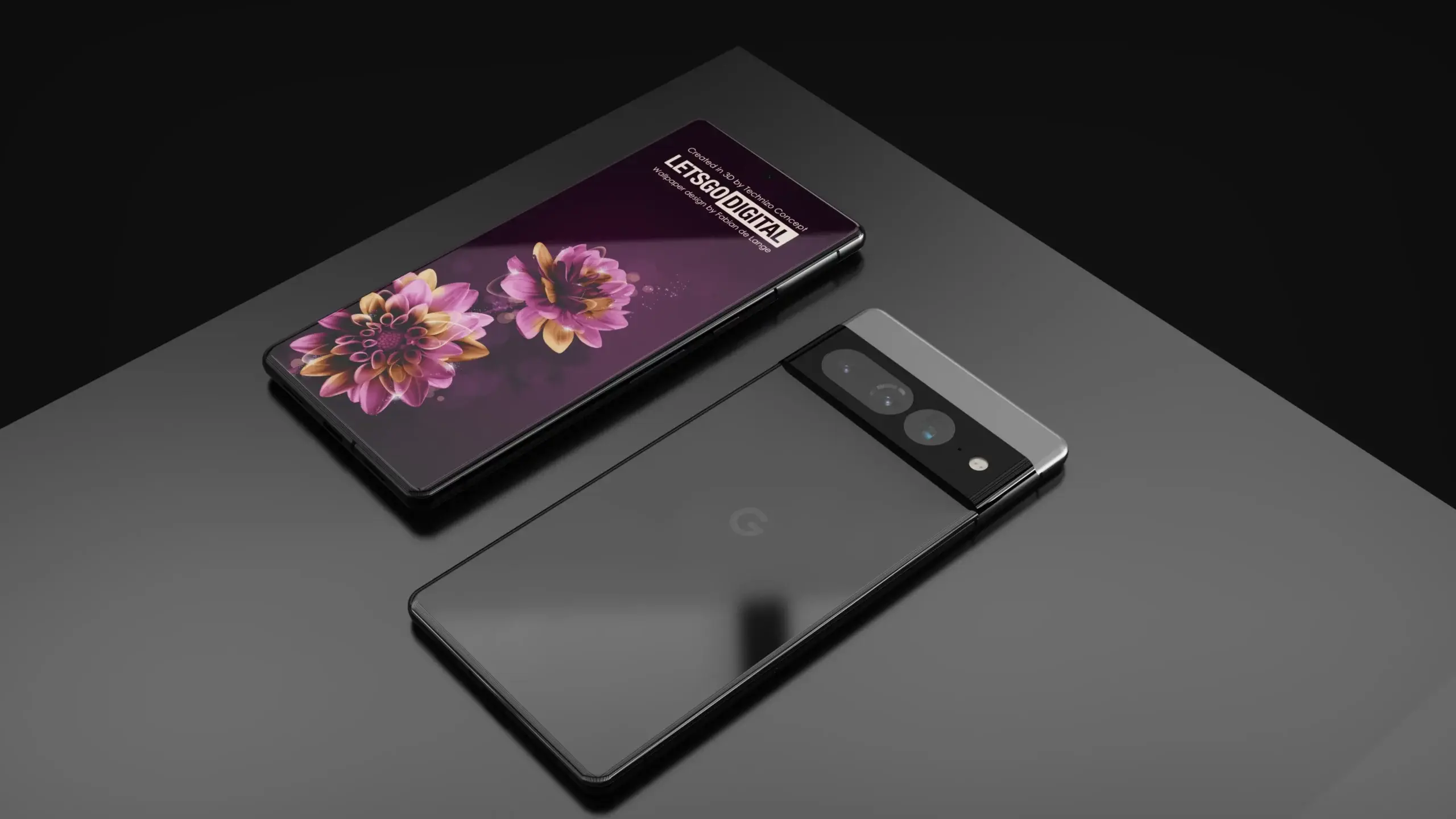The next Google Pixel 7 and Pixel 7 Pro, which again will be the “reference” Android smartphones, won’t offer significant camera improvements over their predecessors, at least on the hardware side
The insider Yogesh Brar made a statement that the hardware of the cameras of future smartphones, for the most part, will be identical to the current generation. I must say that we were expecting this. Previously, Google used a 12-megapixel Sony IMX363 sensor from the second to fifth generation of the Pixel, inclusive. Nevertheless, the smartphones of the corporation have become a kind of measure of the quality of mobile photography; over the past few years due to the constant improvement of algorithms, proving that the power is in the software.
Now the choice fell on the 50-megapixel Samsung GN1. Apparently, Google will again offer 50 MP and 12 MP sensors in the Pixel 7, changing only the software component and finalizing the neural networks that the company has been focusing on lately. If we talk about the Pixel 7 Pro, then it should have a triple camera, where the third sensor is a 48 MP telephoto lens.
Google Pixel 7 and Pixel 7 Pro cameras will only evolve in software
Apparently, Google will try to squeeze the maximum out of the “hardware” and bring the quality of photos to a new level. The announcement of the Google Pixel 7 series is expected in the fall of this year and both smartphones are expected to receive OLED displays, but the basic version will have a diagonal of 6.3 inches, while the Pro version will have 6.7 inches. The smartphones will be running on the proprietary second-generation Tensor chip.

The Tensor SoC for Pixel 6 smartphones turned out to be unique in its kind; as it contains two Cortex-X1 superstores. Neither Qualcomm nor MediaTek has such SoC. But, as the reports, Google is already working on a new generation SoC.
In the firmware code of the Pixel 6, the Cloudripper code designation was found; which is associated with the second generation Tensor SoC. However, Cloudripper is the code name for a test platform for a potential Tensor 2; since it has the abbreviation GS201. The test platform for the current Tensor SoC, recall, has the GS101 code number.
What Tensor 2 will be is a big question. But if the company sticks to the current architecture, then Tensor 2 could get two Cortex-X2 super-cores; while Qualcomm and MediaTek’s top next-gen platforms will have one each.



